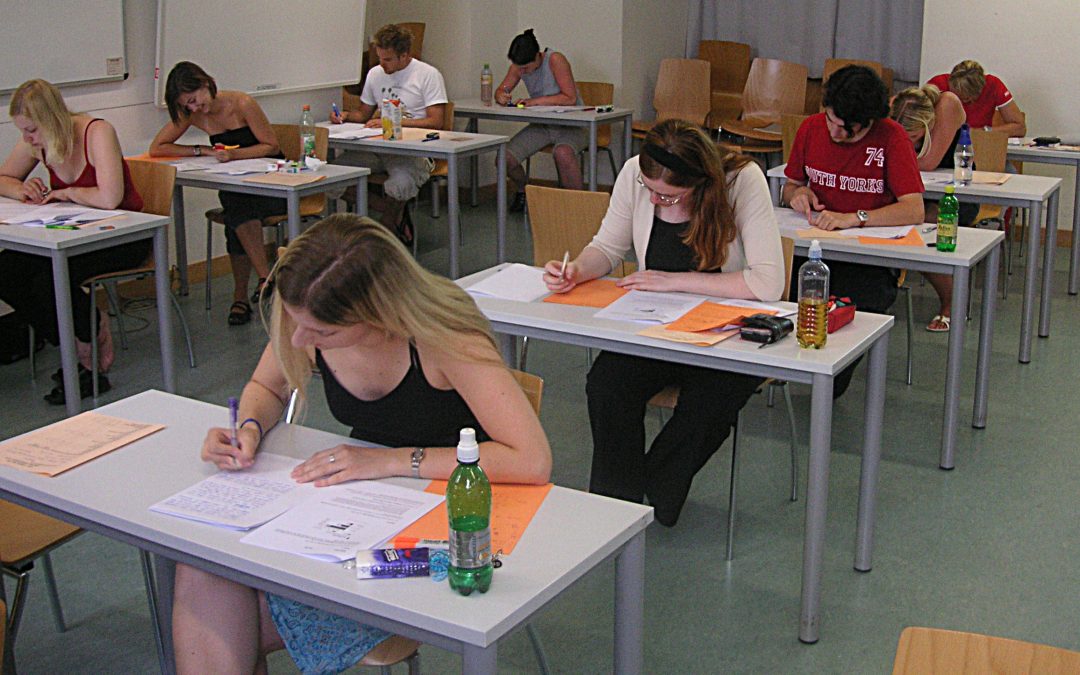Sometimes when high school students have depression, anxiety, ADHD, LD or autism, they obtain special accommodations such as extra time on tests. These conditions may be part of an IEP, 504 plan or other arrangement with the local school district. In other cases, students are able to do sufficiently well without such accommodations. While in high school, students may also request additional time on the ACT or SAT.
College policies tend to be rather different, and since the academic demands are typically much greater than in high school, it’s wise to seek accommodations well in advance. There are no guarantees of special treatment in college, so the more a student can learn to manage without accommodations in high school, the better. (See the Americans with Disabilities Act to understand your legal rights.) Common requests for a college may include:
- Allowing use of technology such as tape recorders
- Use of a dictionary or spell checker on exams
- Alternate test formats (e.g., oral vs. written)
- Extended time on tests
- Having someone read the test questions or write down answers the student dictates
- Administering tests in a separate (quieter) room
- Course substitutions
- A single dorm room (e.g., if a student needs additional quiet or privacy vs. a double room)
Most schools have a department of disability support services. It is up to the student to contact them and request any needed accommodations. Once the department provides approval, the student must give this information to individual professors to obtain the accommodations in each course.
Contact TCC to find out how we can help guide students through the process of seeking accommodations.
.

